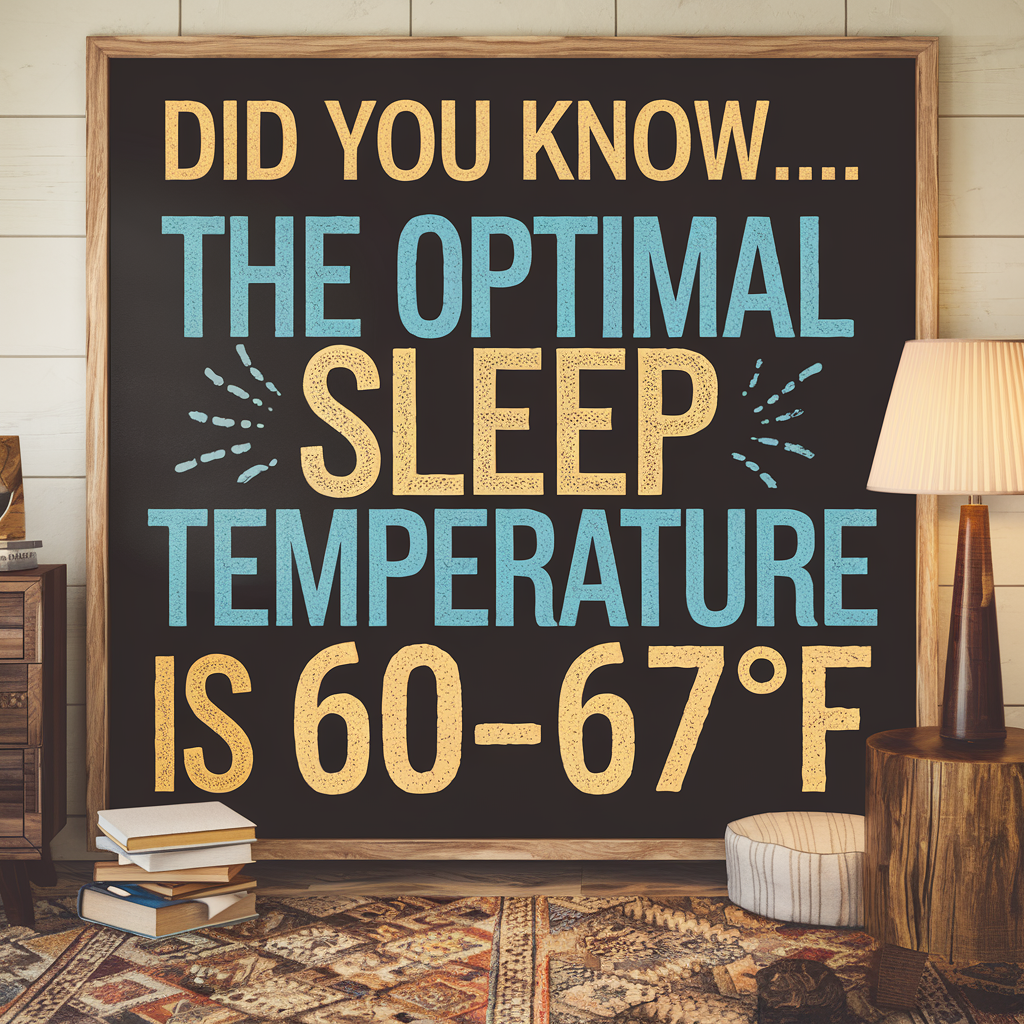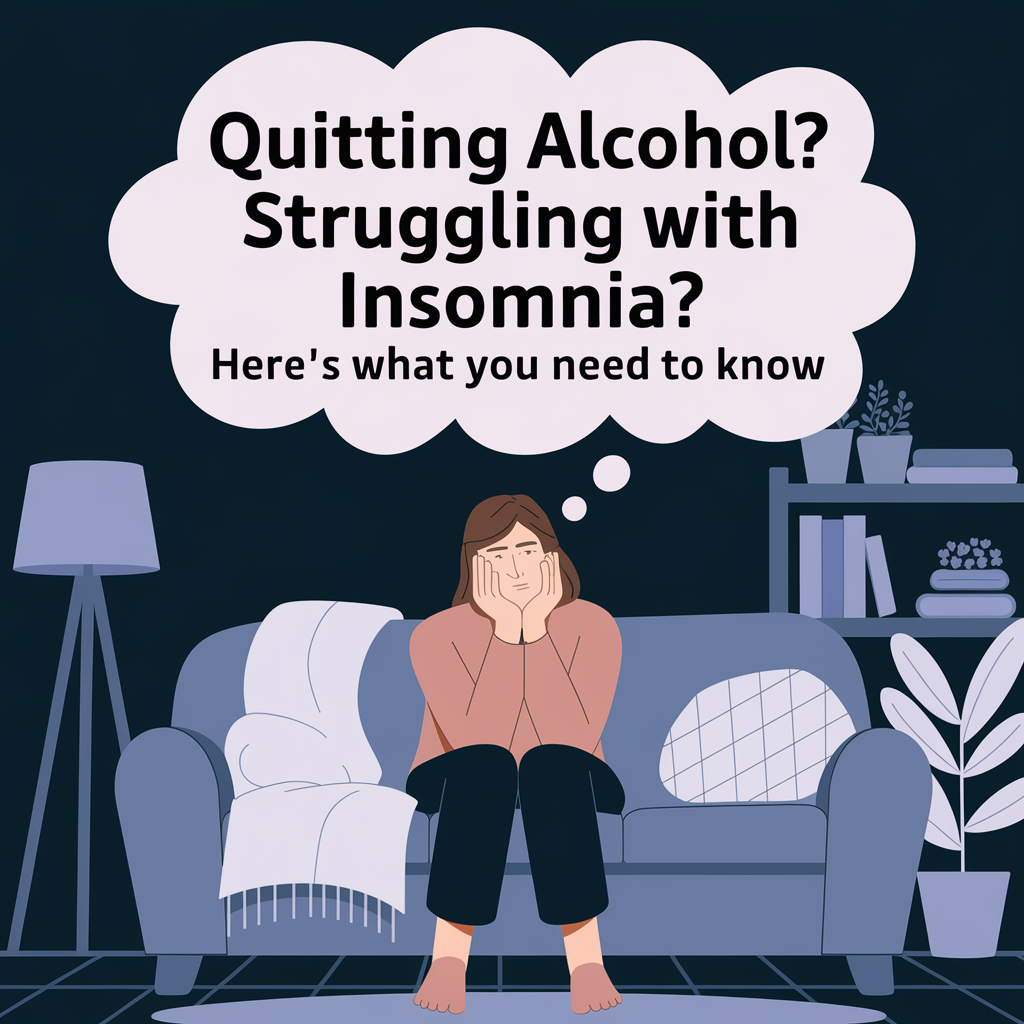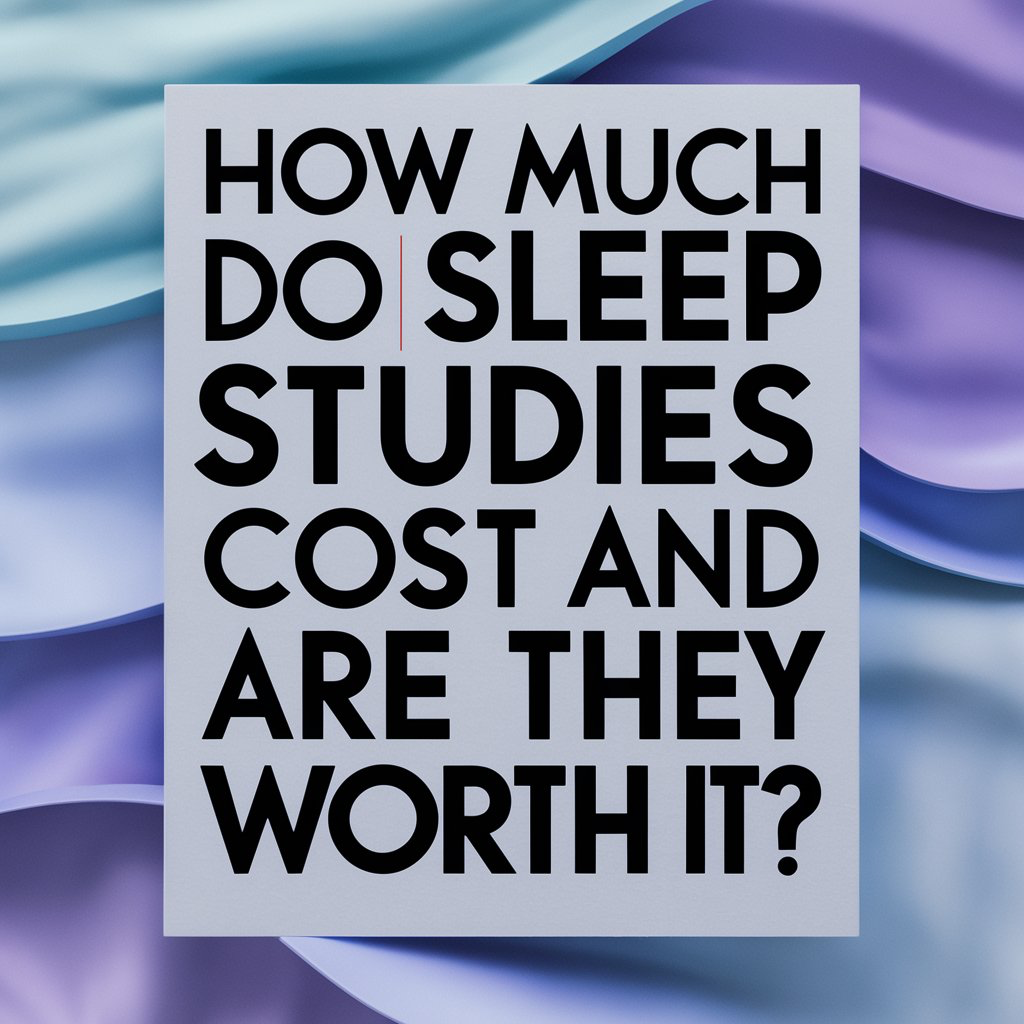
The Journey to Better Sleep
If you’ve ever dealt with sleep issues, you know how frustrating and exhausting they can be. Whether it’s insomnia, snoring that wakes you (or your partner) up, or feeling like you’ve barely slept even after a full night in bed, it can make you wonder what’s going on. That’s often when people start thinking about sleep studies.
But then comes the big question: how much do sleep studies cost? Sleep studies can seem like a big step, and the cost is usually a major concern. Is it worth it? Will insurance cover it? How much will it really set you back? These are all valid questions—and ones I had myself when I first started looking into sleep studies.
In this article, I’ll break down everything you need to know about the cost of sleep studies, how insurance factors into it, and whether it’s really worth it for your sleep health. And trust me, if you’re already struggling with sleep, understanding the options available—whether it’s a full sleep study or something simpler—can make a huge difference.

What Do I Do If I Can’t Sleep During My Sleep Study?
While we explore the ins and outs of sleep studies, keep in mind that there are also other ways to start improving your sleep. If you’re dealing with issues like insomnia, check out this Quick Fix: How to Cure Insomnia in Just 12 Minutes for some fast relief while you consider whether a sleep study might be right for you.
Now, let’s dive into the big question: how much do sleep studies actually cost?

How Much Do Sleep Studies Cost?
When you start looking into sleep studies, the first thing that often comes to mind is, “How much is this going to cost me?” The truth is, the cost of a sleep study can vary depending on a few factors, but it’s safe to say that it’s not exactly cheap. The price can range anywhere from $500 to over $3,000, depending on whether you’re doing an in-home study or an in-lab study.
An in-home sleep study is generally the more affordable option. These tests typically run between $300 and $600. They involve wearing equipment at home that monitors your sleep patterns, breathing, and other vital signs. While convenient, at-home tests don’t always provide the same level of detailed data as a lab study, which may be necessary for certain conditions like sleep apnea.
An in-lab sleep study, on the other hand, is more thorough but can be significantly more expensive. The cost can go up to $3,000 or more, depending on your location and the complexity of the test. During an in-lab study, you stay overnight at a sleep center where medical professionals monitor everything from your brain waves to your breathing. While it provides much more detailed results, the price tag can be a bit overwhelming for many people.
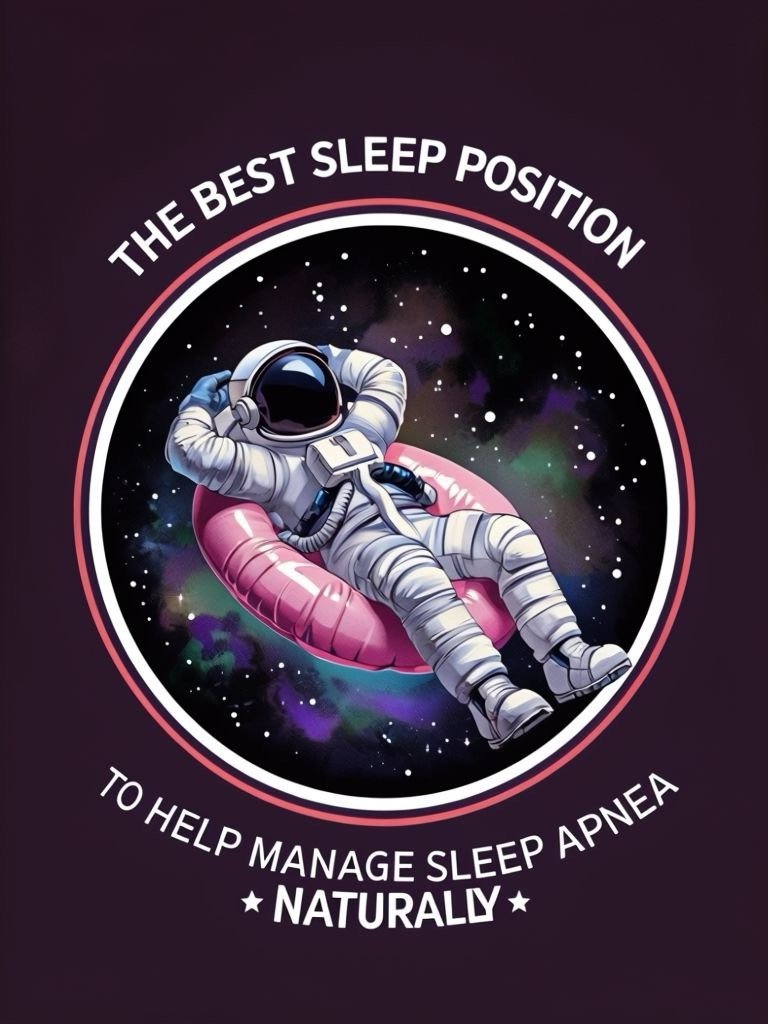
When I looked into it for myself, I found that costs varied a lot depending on where you go. Some hospitals and clinics charge more, while independent sleep centers might be more affordable. It’s definitely worth shopping around and getting quotes.
If you’re unsure whether a full sleep study is necessary for you, it’s worth considering less invasive and less expensive options first. For example, if snoring is your primary issue, something as simple as trying a snoring mouthpiece might help. You can learn more about one effective solution here: The Stop Snoring Mouthpiece That Actually Works.
Next up, we’ll look at whether your insurance might cover the cost of a sleep study.
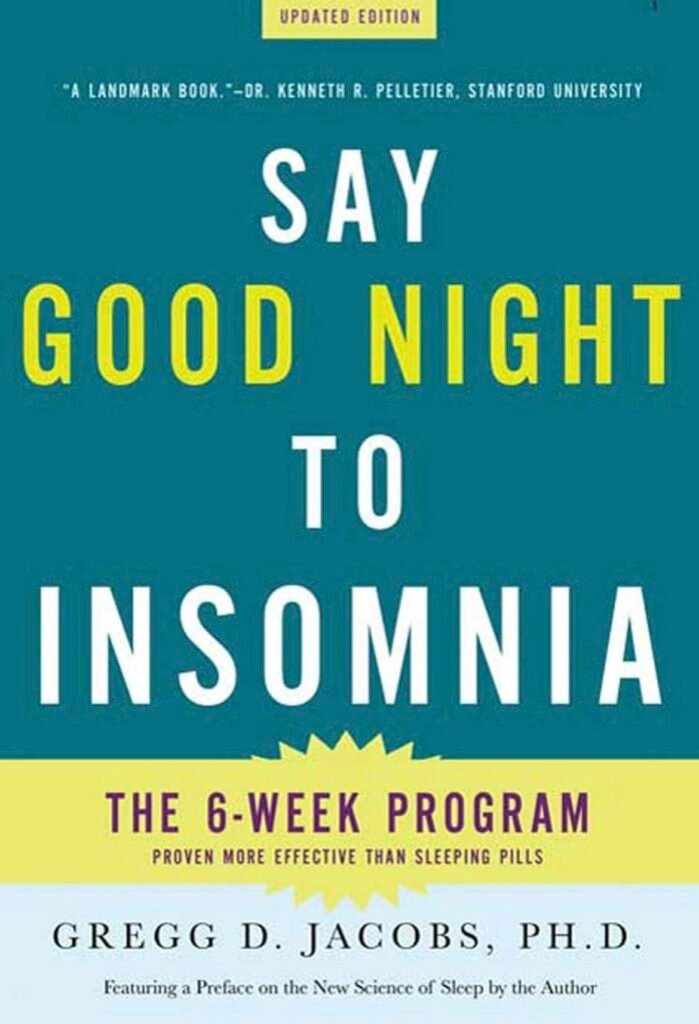
Are Sleep Studies Paid for by Insurance?
One of the most important questions people ask when considering a sleep study is, “Are sleep studies paid for by insurance?” The good news is, many insurance plans do cover the cost of a sleep study, but there are a few things to keep in mind.
First off, coverage often depends on the medical necessity of the study. This means that your doctor will need to recommend the sleep study based on specific symptoms—like sleep apnea, insomnia, or other sleep-related disorders. Once it’s deemed medically necessary, your insurance company is more likely to cover some, if not all, of the cost. That’s where your doctor’s referral comes in handy, as it shows the insurance company that the test isn’t just for curiosity but for your health.
Now, the amount of coverage varies. Some plans will cover 100% of the cost, especially if you use an in-network provider. Others might only cover a portion, leaving you responsible for copays or deductibles. If you’re going the in-lab route, you might also need prior authorization from your insurance company. This extra step ensures that the study is covered before you rack up any bills.
For in-home sleep studies, coverage tends to be a bit more flexible since they’re less expensive. Many insurance plans will cover these types of tests, but again, it’s best to check with your provider to make sure.
When I looked into my own insurance, I found that my provider covered the bulk of the in-lab sleep study cost, but I still had to cover some of it out of pocket due to my deductible. If you’re concerned about the costs, it’s worth contacting your insurance company directly and asking specific questions about coverage, copays, and whether pre-authorization is required.
If you have sleep apnea, did you know the position in which you sleep can affect your apnea greatly? We wrote a great article on Best & Worst Sleep Apnea Sleep Positions!
For those who may not have insurance or who face high out-of-pocket costs, discussing payment plans with the sleep center can also help make it more affordable. And if you’re not ready to commit to a sleep study just yet, don’t forget there are other ways to start improving your sleep habits, such as following the tips in the Ultimate Guide to Overcoming Sleep Issues.
Next, let’s explore the real question on everyone’s mind—Are sleep studies expensive?

Are Sleep Studies Expensive?
When you first hear the price tag of a sleep study—especially an in-lab one—it’s easy to wonder, “Are sleep studies expensive?” The short answer is: yes, they can be. But the real question is whether they’re worth the cost.
For an in-lab sleep study, you could be looking at anywhere from $1,000 to $3,000 or more, depending on where you live and which clinic you go to. That might seem steep, but when you consider the amount of detailed data a sleep study collects—monitoring your brain waves, breathing, heart rate, oxygen levels, and even body movements—it starts to make sense why the cost is higher. This is particularly true if the study helps diagnose serious conditions like sleep apnea, which can have significant health consequences if left untreated.
In-home sleep studies, on the other hand, are a bit more affordable. Typically ranging from $300 to $600, they don’t offer the same level of monitoring as an in-lab study, but for many people, they provide enough data to diagnose or rule out certain sleep disorders. So, while it’s still an expense, it’s more accessible if you’re on a budget.
In comparison to other medical tests or procedures, sleep studies fall in the middle of the range. They’re certainly not cheap, but they aren’t as expensive as some surgeries or long-term treatments. When you factor in how much better your quality of life can be with proper sleep, the cost might seem more like an investment in your health.
From my own experience, sleep problems have a ripple effect. Poor sleep can lead to issues with mood, energy levels, and even heart health. So while the price of a sleep study can feel like a financial hit, the long-term benefits often outweigh the cost. You have to ask yourself, “Is a sleep study worth it?” We’ll explore that in the next section.
In the meantime, if you’re hesitant about spending the money on a full sleep study, you might want to consider addressing smaller issues first. For instance, if snoring is a problem, check out The Stop Snoring Mouthpiece That Actually Works. It’s a more affordable option that can provide relief without the need for a full study.
Now, let’s dive into whether a sleep study is truly worth the cost and effort.
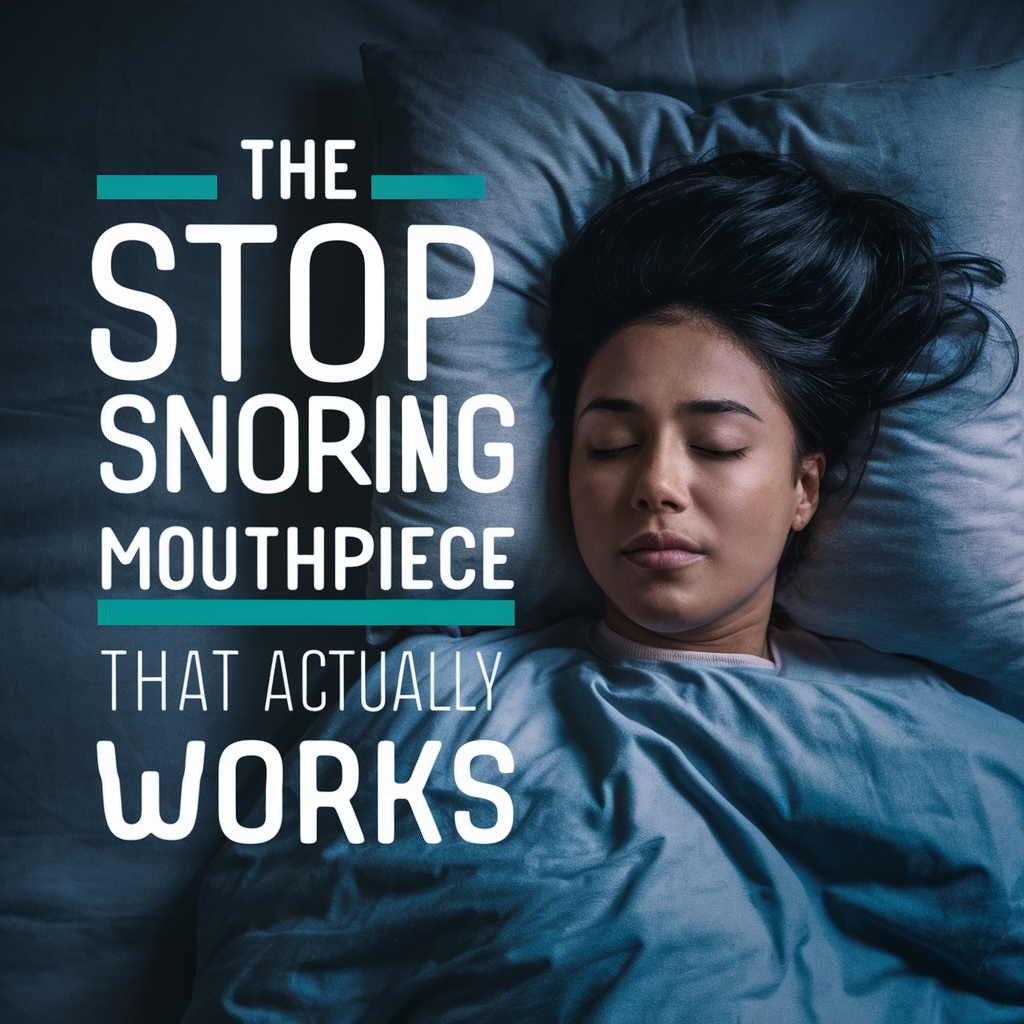
Is a Sleep Study Worth It?
Now that we’ve covered the costs and whether insurance might help, the big question remains: Is a sleep study worth it? From my own experience and what I’ve learned from others, the answer is often a resounding yes—especially if your sleep issues are affecting your daily life.
Here’s the thing: sleep is essential for your overall health. If you’re constantly waking up feeling tired, struggling with snoring, or experiencing insomnia, a sleep study can give you the answers you need to finally improve your sleep. It’s not just about getting a better night’s rest; it’s about improving your overall quality of life, both mentally and physically.
For conditions like sleep apnea, a sleep study is often the only way to get an accurate diagnosis. Left untreated, sleep apnea can lead to serious health problems like high blood pressure, heart disease, and even stroke. So, while the upfront cost of a sleep study might seem high, the long-term health benefits are hard to ignore.
From a personal perspective, sleep studies can also give you peace of mind. Knowing exactly what’s going on with your sleep can help you make informed decisions about treatment. Whether you need a CPAP machine for sleep apnea or behavioral therapy for insomnia, a sleep study provides a clear path forward.
And if you’re on the fence about whether you need a sleep study, it might help to start with some less invasive strategies. If you struggle with insomnia, for instance, you might want to check out Say Goodnight to Insomnia and Wake Up Refreshed, which offers proven methods to improve your sleep without the need for a study.
Ultimately, whether or not a sleep study is worth it depends on how much your sleep issues are affecting you. For many people, the benefits far outweigh the costs. If you’ve been struggling for months (or years) with poor sleep, it might be time to invest in understanding what’s really going on.
Next, we’ll walk through what you can expect during a sleep study, so you can feel prepared if you decide to take that next step.

What to Expect During a Sleep Study
If you’ve never had a sleep study before, it can seem a little intimidating. But the reality is, it’s a pretty straightforward and non-invasive process. Whether you’re doing an in-lab sleep study or an at-home version, the goal is the same: to get a detailed look at how your body functions while you sleep.
For an in-lab sleep study, you’ll typically go to a sleep center in the evening. It’s set up like a hotel room, with a comfortable bed and a calm environment, so you can relax and sleep as naturally as possible. The staff will hook you up to several sensors that monitor your brain activity, heart rate, breathing patterns, oxygen levels, and body movements. It might feel a little weird at first, but it’s all designed to capture data about your sleep habits.
Once you’re all set up, you go to sleep like usual. The sensors don’t interfere too much, and the staff is there to ensure everything goes smoothly. They’ll watch from another room through cameras and monitors to collect the data needed to diagnose any potential sleep disorders, like sleep apnea or restless leg syndrome.
An at-home sleep study is a bit different. You’ll pick up a device from the sleep clinic or have one sent to your home. It’s usually a small kit that comes with a set of instructions on how to attach the sensors yourself. The at-home version tracks many of the same things as the in-lab study, like breathing and oxygen levels, but without the constant monitoring by a technician.
Both options provide valuable insights, but an in-lab study is generally more comprehensive. If you’re dealing with something like chronic insomnia, you might benefit from starting with a less invasive option, like the techniques found in Say Goodnight to Insomnia and Wake Up Refreshed, before jumping into a full sleep study.
Overall, sleep studies are designed to be as comfortable as possible while providing the detailed information you need to finally understand what’s going on with your sleep. So, if you’ve been struggling for a while and wondering whether it’s time to invest in a sleep study, knowing what to expect can make the process a little less daunting.
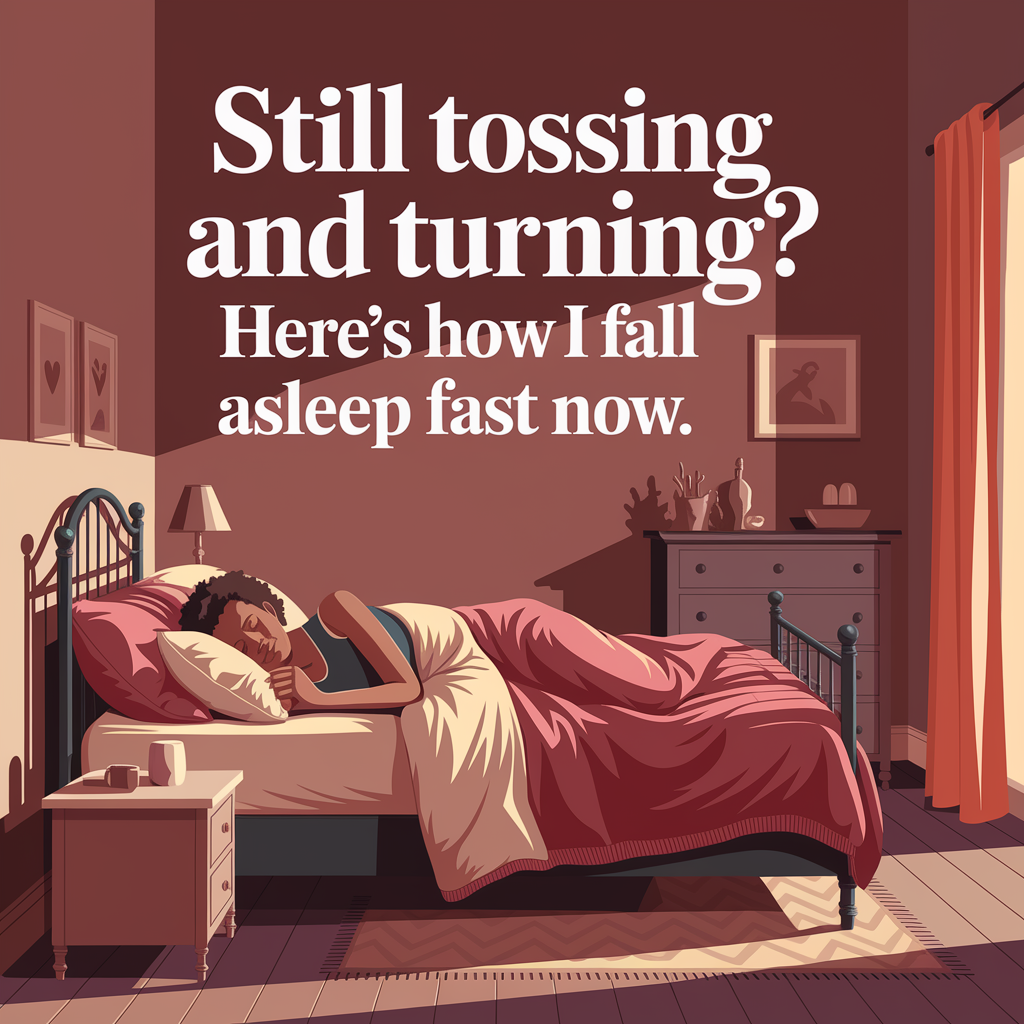
If you’re ready to take the plunge and get to the bottom of your sleep issues, a sleep study could be the key to understanding what’s really happening when you close your eyes at night. But if you’re not quite there yet, check out The Ultimate Guide to Overcoming Sleep Issues for more ideas and tips on improving your sleep naturally.

Making the Choice for Better Sleep
At the end of the day, the question isn’t just “how much do sleep studies cost?” but whether the benefits outweigh the expense. For many people, especially those dealing with chronic sleep issues like sleep apnea or severe insomnia, a sleep study can be life-changing. It can provide crucial insights into your health, help you find the right treatments, and ultimately improve your quality of life in ways that go beyond just getting a good night’s sleep.
But sleep studies aren’t the only option. For some, simpler solutions, like improving sleep hygiene, using a snoring mouthpiece, or exploring proven insomnia programs, can make a big difference. If you’re not ready to dive into a full sleep study just yet, try checking out alternatives like The Stop Snoring Mouthpiece That Actually Works or Say Goodnight to Insomnia and Wake Up Refreshed to start making improvements right away.
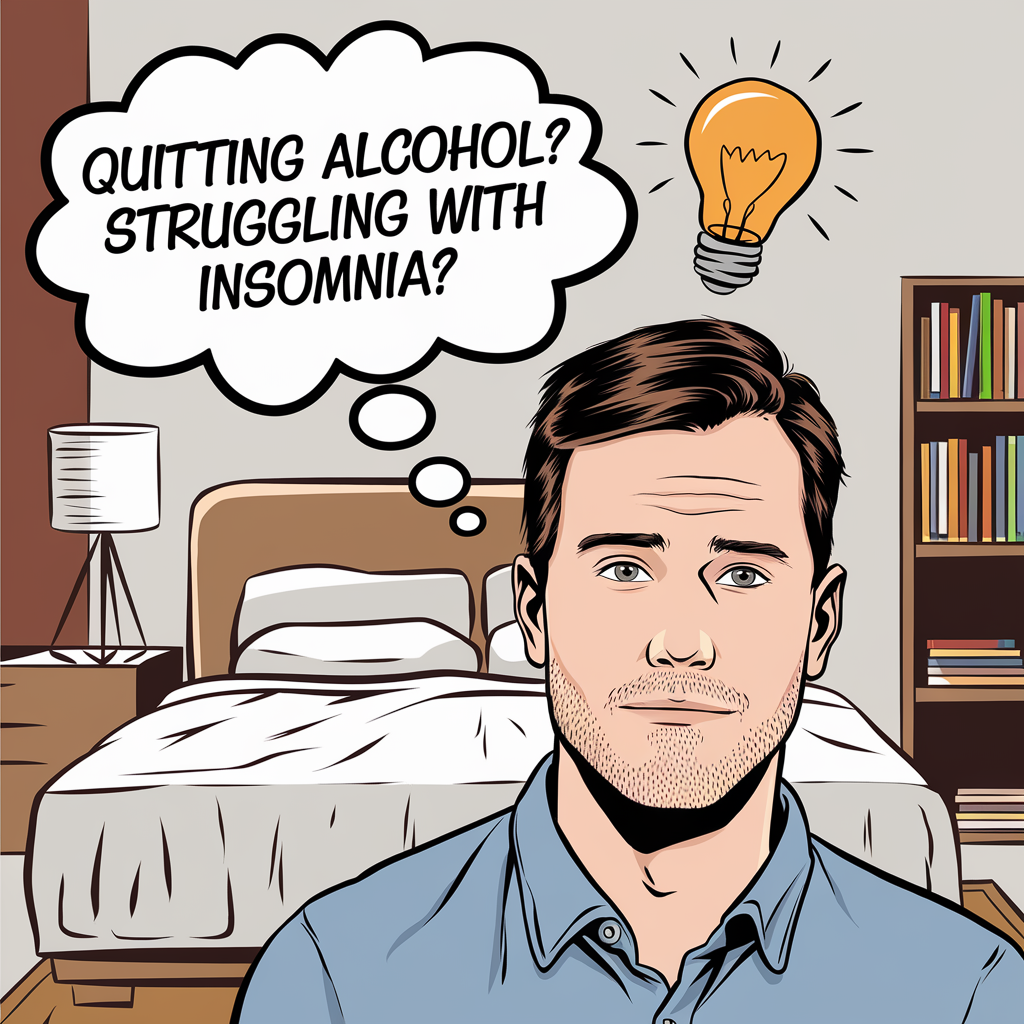
Whether you go with a sleep study or opt for a more DIY approach, the important thing is taking that first step toward better sleep. It’s not just about the hours you spend in bed—it’s about feeling healthier, more energized, and ready to take on each new day.
So, if you’ve been struggling to get quality sleep, it might be time to consider your options, weigh the costs, and decide what’s best for you. One thing’s for sure: investing in your sleep is always worth it.
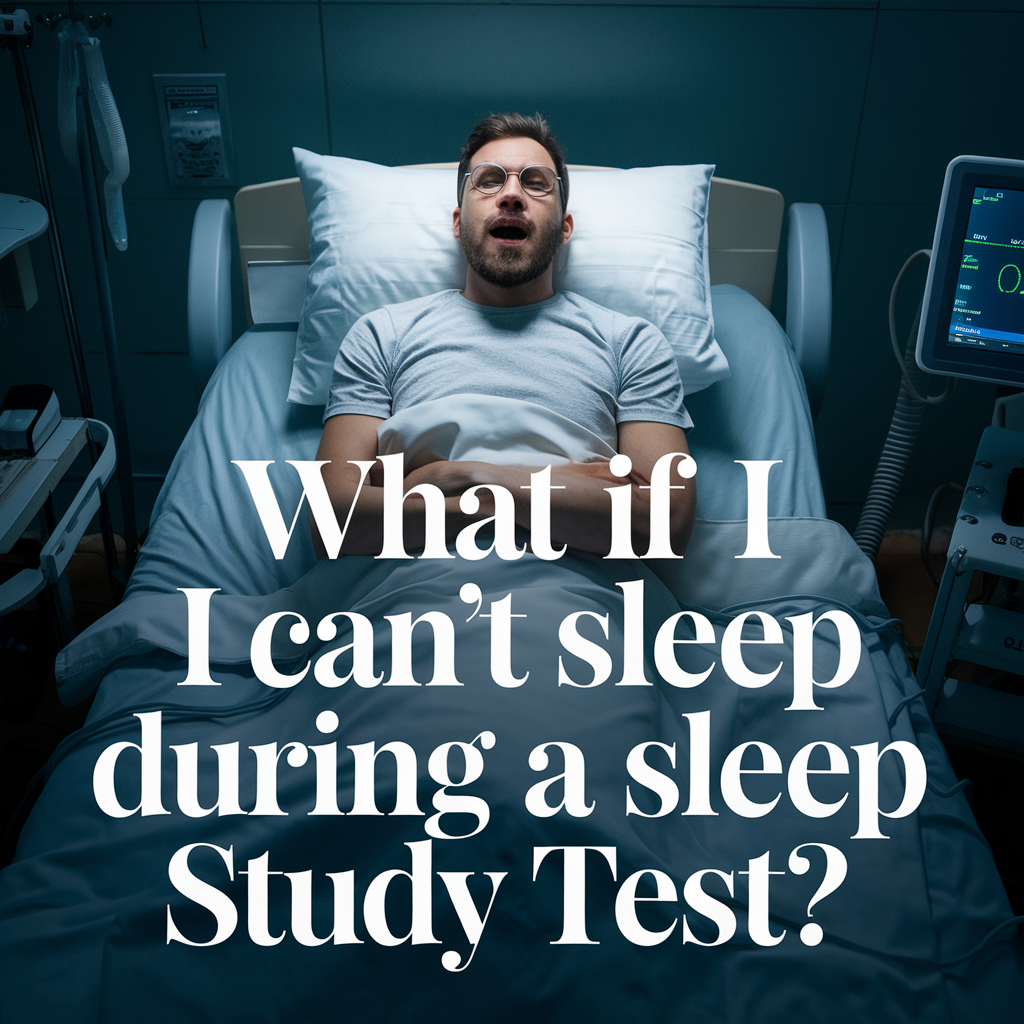
As an Amazon Associate we earn from qualifying purchases through some links in our articles.
